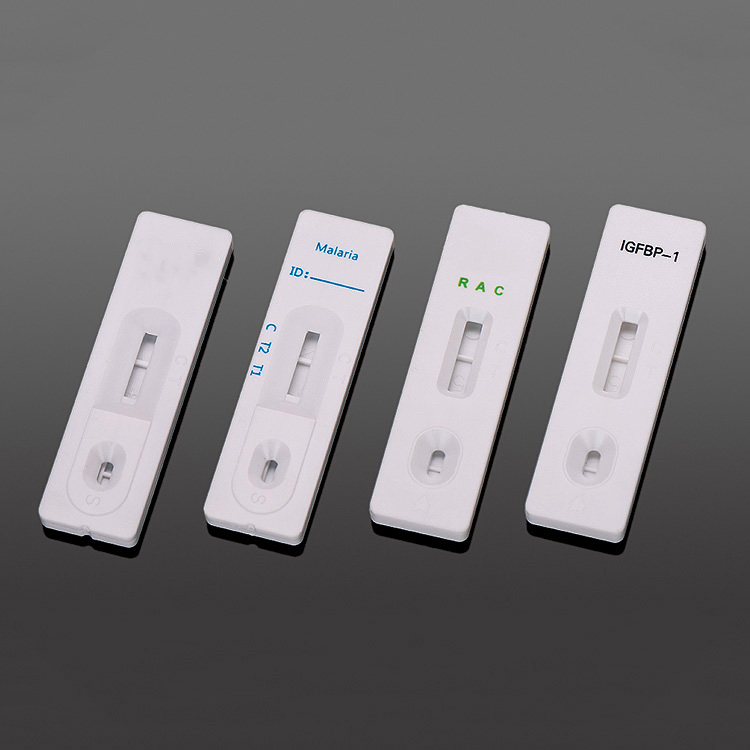Spa . 13, 2024 22:18 Back to list
Cost of Hepatitis B Testing from Various Manufacturers and Providers
Understanding the Cost of Hepatitis B Testing and the Role of Manufacturers
Hepatitis B is a viral infection that primarily affects the liver, potentially leading to serious health issues such as cirrhosis, liver cancer, and, in some cases, death. Early detection through testing is crucial for effective management and treatment. As awareness of hepatitis B increases globally, so does the need for accessible and affordable testing. This article explores the costs associated with hepatitis B testing and the role of manufacturers in providing these essential diagnostic tools.
The Importance of Hepatitis B Testing
Testing for hepatitis B is vital for several reasons. It allows for early identification of the virus, which can lead to timely intervention and management. Those infected with hepatitis B may not exhibit symptoms for years, making regular screening necessary, particularly for at-risk populations. Furthermore, understanding the extent of hepatitis B prevalence within a population aids public health officials in crafting tailored health policies and interventions.
Costs of Hepatitis B Testing
The cost of hepatitis B testing can vary widely based on several factors, including geographical location, healthcare provider, type of test conducted, and whether the individual has insurance coverage
. On average, the cost of a hepatitis B test can range from $30 to $100 in the United States.There are generally two types of tests for hepatitis B serological tests and molecular tests. Serological tests detect antigens and antibodies in the blood, which indicate whether someone is currently infected or has been previously infected. Molecular tests, such as PCR (Polymerase Chain Reaction), detect the virus's genetic material and provide more precise information about the viral load in the bloodstream. Molecular tests are typically more expensive, with costs reaching upwards of $200 to $400.
For uninsured individuals, the financial burden of these tests can be significant, particularly if additional confirmatory tests are necessary. Public health programs and nonprofit organizations often subsidize testing costs to ensure that at-risk populations have access to essential healthcare services.
hepatitis b test cost manufacturers

The Role of Manufacturers
Manufacturers play a critical role in the healthcare ecosystem by producing reliable and efficient testing kits and diagnostic tools for hepatitis B. The quality of these tests directly impacts the accuracy of diagnosis and the subsequent treatment of the disease. Companies specializing in diagnostics invest heavily in research and development to provide innovative products that can help increase the sensitivity and specificity of hepatitis B tests.
The competition among manufacturers helps to drive down costs and improve the availability of testing kits. Leading medical device and diagnostic companies such as Abbott, Roche, and Siemens are key players in this field. They contribute to the global fight against hepatitis B by ensuring that rapid, affordable, and accurate tests are readily available. In recent years, the demand for point-of-care testing has increased, as these tests provide faster results, thereby improving patient outcomes.
The Way Forward
To increase the accessibility of hepatitis B testing, several strategies can be employed. Governments and health organizations could implement subsidized testing programs, particularly in developing countries where the prevalence is higher but the resources are limited. Additionally, public health campaigns aimed at raising awareness about hepatitis B and the importance of regular testing can encourage at-risk populations to seek testing without fear of financial burden.
Moreover, continued collaboration between manufacturers and public health entities can lead to the development of more cost-effective testing solutions. Investment in technology to streamline the manufacturing process can help reduce costs further, making it easier for healthcare providers to offer testing as a part of routine healthcare.
In conclusion, while the cost of hepatitis B testing can be a barrier to early diagnosis and treatment, the combined efforts of manufacturers and public health initiatives can help mitigate these challenges. By ensuring that testing remains affordable and accessible, we can take significant steps towards managing and eventually eradicating hepatitis B as a public health threat.
-
Dengue NS1 Rapid Diagnostic Test Kit
NewsMar.07,2025
-
Dengue NS1 Rapid Diagnostic Test Kit
NewsMar.07,2025
-
Dengue NS1 Rapid Diagnostic Test Kit
NewsMar.07,2025
-
Transferrin Rapid Test Cassette Tumor Marker TF Card
NewsMar.07,2025
-
Malaria Pf Pan Rapid Diagnostic Test Kit
NewsMar.07,2025
-
malaria pf / pan ag rapid test
NewsMar.07,2025

